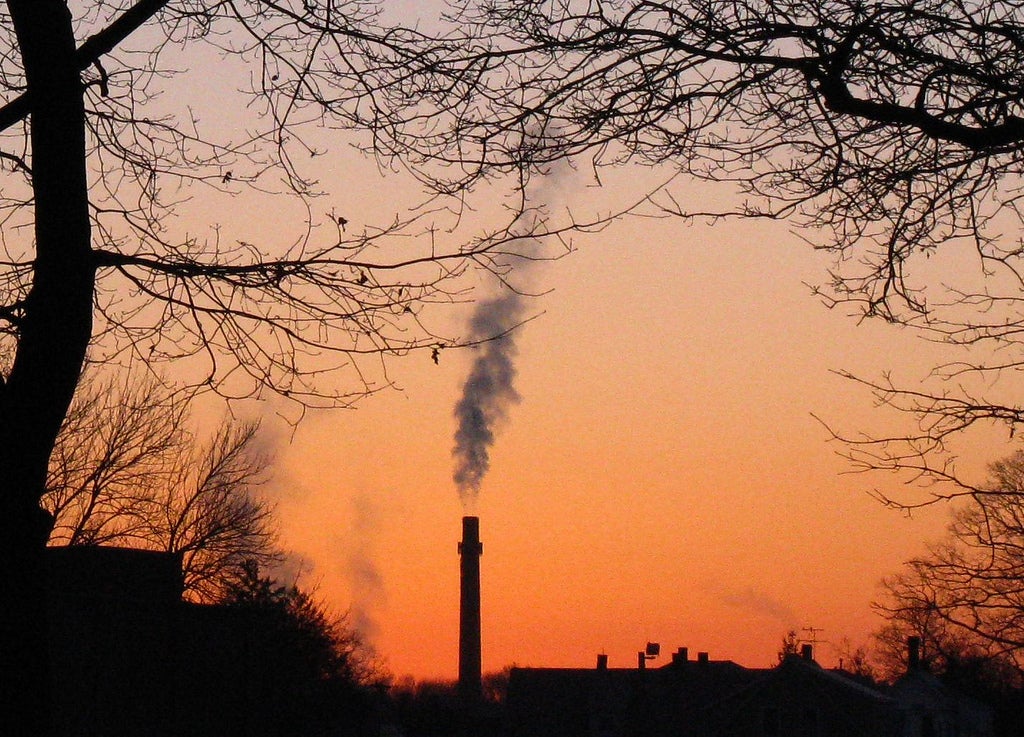Wisconsin is seeing a growing income gap between its top-earners and the average worker, according to a report released earlier this month from the Wisconsin Budget Project and the Center on Wisconsin Strategy (COWS) in Madison.
The richest 1 percent in Wisconsin made — on average — 19 times as much as everyone else in 2014, said Laura Dresser, associate director for COWS. Most people in Wisconsin made less than $50,000 a year on average, while the top 1 percent brought in around $933,000 each year.
Dresser said the state hasn’t seen such striking levels of inequity since the Great Depression.
News with a little more humanity
WPR’s “Wisconsin Today” newsletter keeps you connected to the state you love without feeling overwhelmed. No paywall. No agenda. No corporate filter.
“We’re on this upward escalator of inequality,” she said. “The U.S. is more unequal than we are, but we’re going right up behind it and back up to the levels that were set in 1929.”
During the last three decades, the top 1 percent in the state has seen their income rise by 131 percent after adjusting for inflation. At the same time, income for the remaining 99 percent grew just 9 percent.
Eau Claire County had the highest levels of inequality with 26.2 percent of all income there going to the top 1 percent. Milwaukee and Ozaukee counties followed closely behind. Forest, Menominee and Buffalo counties had the lowest disparity, with less than 10 percent of all income there going to top earners.
The report makes several recommendations to address income inequality, said analyst Tamarine Cornelius with the Wisconsin Budget Project. She said the state can avoid a growing disparity by removing barriers to work, improving access to health care, continuing support for workforce training and increasing the minimum wage.
“Most other states have set a minimum wage that is higher than the federal minimum wage, including many states that are controlled by Republicans,” she said. “It’s not necessarily a partisan issue.”
The National Conference of State Legislatures lists 29 states with a minimum wage higher than the federal minimum of $7.25 per hour, including Minnesota and Michigan. Cornelius said the state should also examine making income tax rates more equal between top earners and low-income residents.
Wisconsin Public Radio, © Copyright 2025, Board of Regents of the University of Wisconsin System and Wisconsin Educational Communications Board.







